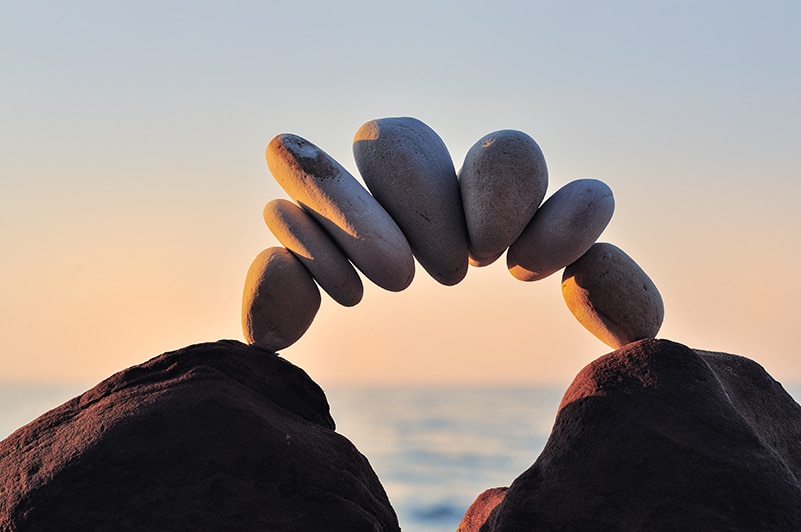Is 2.0 Possible?
!
Two big questions emerge: Can we flourish under a different economy, one that tends to create equality and nurturing? How do we collect together all our ideas?
Is creating a 2.0 world a reasonable goal? Let’s ignore wealth for a moment and look at our resources at hand and compare them with our global needs as a species and planet. Oversimplified, our resources include things, language, knowledge, skill, infrastructure and culture. Our needs include shelter, food, water, health, energy, entertainment, cleaning up, community and a robust planet. Can we conclude that our resources can fulfill our needs now and for generations? With the exception of energy, the answer is a rather solid yes and that’s important. Scarcity is mostly an illusion that aids in generating profit, and needs to be carefully studied and stripped down to its essentials. Matching needs to resources is certainly no easier using money, which creates loss due to greed, crime, hoarding, and ecological mis-use.
Let’s look at another global need: motivating people to do the work of developing and distributing our resources. Our current tool is money and ownership of things. At 2.0, we propose that motivation take the form of regard exchanged for benefit. Get paid with “regard currency.” The more that you benefit others, the wealthier you get. This way “wealth” is an indicator of benevolence and trust rather than of power. How is this different than money? No interest, no loans and no ownership of corporations and no inheritance. We see examples of this kind of motivation currently in use and of its robust track record so far.
Needs, resources and motivation. What else do we need? A way to sort out all of our differences, wants, opinions, influence. In short, the most contentious facet of our global need. Do our differences really need to get as much attention as we now give them (war, violence, hate, etc.)? Can we aim first to make compromises and save for afterward the process of resolving disagreement? Do we have examples of this working? Quite a few, actually. The one we know best is Non-Violent Communication. Can it and/or alternative such means become a core component of our culture? The short answer is that we have solved more difficult problems; it is a simple matter of putting in the effort.
Global optimism is about assuming it will happen eventually. We are quite unlikely to predict how this will come about, the theory of chaos is against us. So, let's start with using our collective imagination to agree on what we want. After we settle that, we can figure out how to achieve it.